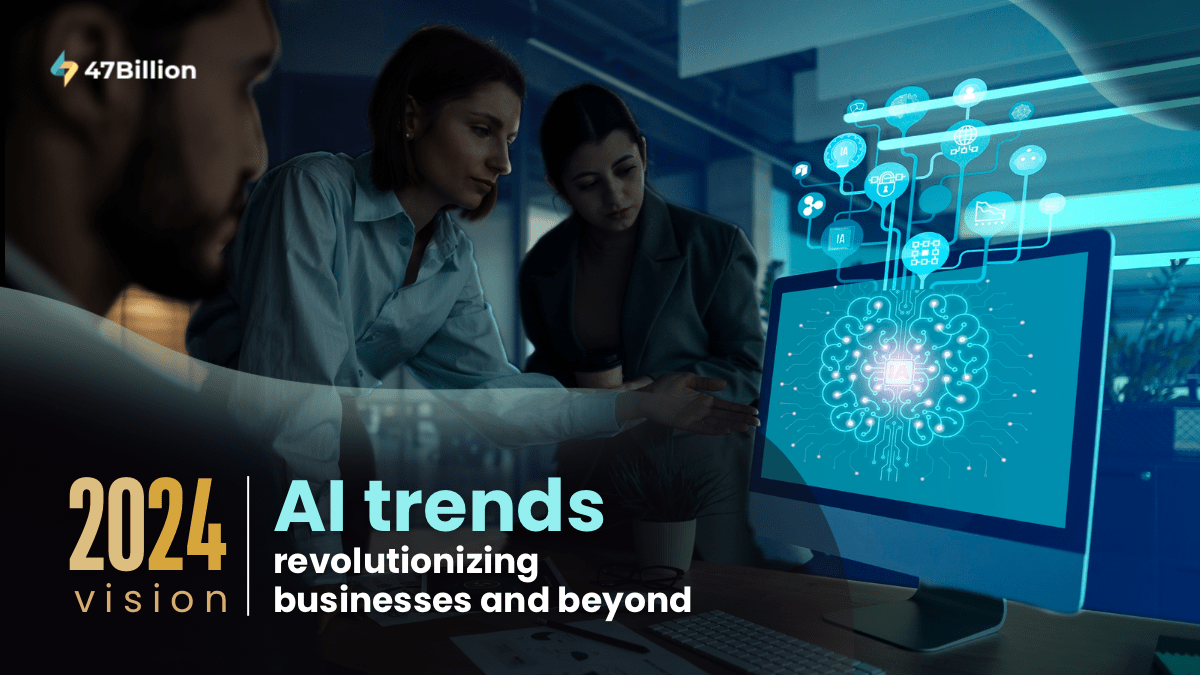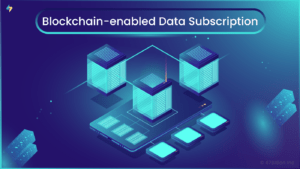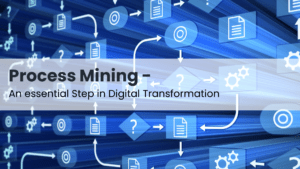2023 made this very clear: AI is here to stay. Do you know already that 71% of Gen Z and Millenials use Generative AI at least once a month? It’s incredible for a tool that was only introduced to us a year ago. 81% of users say it has improved their productivity.
We are all prepared for an AI-centric world that extends beyond technological advancements; it calls for a profound cultural shift. Businesses and institutions face a pressing need to prioritize equipping their workforce with new proficiencies. This entails substantial investments in training initiatives tailored for both technical and non-technical staff. According to a recent study conducted by the World Economic Forum, over 50% of employees are projected to require significant reskilling by 2025 due to the amalgamation of AI and automation.
Steering this evolving landscape demands strategic foresight anchored in ethical considerations and a firm dedication to inclusivity. The International Data Corporation (IDC) forecasts that global expenditure on AI is poised to reach $110 billion by 2024, emphasizing the critical need for organizations to cultivate an environment where the workforce not only possesses technological prowess but also demonstrates ethical acumen. This approach ensures a seamless assimilation into the forthcoming AI-driven environment.
However, there is a long way to go as most decision-makers get accustomed to the new era of AI tech innovations; we need to witness groundbreaking advancements, and here are some of the significant trends to watch before 2023 ends -
Next Generation of Generative AI
The emergence of generative AI (GenAI) holds a particular fascination, as it champions inclusivity within the AI landscape. In the upcoming year, GenAI is set to break down barriers, making its capabilities accessible to a broader audience and challenging the notion that AI is an exclusive domain.
According to Gartner, a seismic shift is on the horizon, with more than 80% of enterprises expected to utilize generative AI APIs or implement generative AI-enabled applications by 2026. GenAI is not merely a technological novelty; it has become a top priority for the
C-suite. Beyond content creation, its role extends to dynamic data analysis and real-time adaptation, shaping unique customer experiences.
The democratization of GenAI heralds a culture of collaboration where individuals, regardless of their technical expertise, can actively contribute to and reap the benefits of AI-driven solutions. This inclusivity is facilitated by user-friendly AI development platforms and tools, strategically lowering entry barriers. The result is an environment primed for innovation to flourish across diverse industries, promising a future where the transformative power of GenAI is harnessed by a multitude rather than a select few.
Beyond Text and Images
The upcoming wave of generative AI tools surpasses the awe-inspiring chatbots and image generators that captivated and, at times, unsettled us in 2023. A new era unfolds with the emergence of generative video and music creators, already making waves and poised to become more potent and user-friendly. Expect these tools to seamlessly integrate into creative platforms and productivity tools, mirroring the trajectory seen with ChatGPT technology this year. Anticipate a surge of novel applications, including generative design tools and advanced voice synthesizers.
The discernment between reality and computer-generated content will become an increasingly valuable skill in the critical skills toolbox. As these generative AI tools evolve, the ability to distinguish between authentic and synthetic content will be essential. This marks a transformative phase where technology not only amazes but reshapes our creative landscapes. Brace for a future where generative AI tools redefine the boundaries of possibility, unlocking a realm of new and exciting applications that propel us into an era where creativity knows no bounds.
AI in Software Development
Many of us have experienced the capabilities of apps or software embedded with AI, enhancing content generation, task performance, and more. Examples include ChatGPT, which offers abundant information; Midjourney, which provides creative visuals; and Textdrip, which utilizes AI will craft compelling content for users to send to customers.
However, in 2024, the software development landscape is poised for a groundbreaking shift where AI extends its benefits to end-users and empowers software developers. Tools like Copilot by GitHub leverage AI to streamline the code-writing process, allowing developers to allocate more time to build customer-centric software solutions.
The integration of AI into software development marks a transformative paradigm. It signifies a departure from conventional approaches as AI becomes integral in designing, developing, and testing software solutions. This shift is a game-changer, enhancing team productivity and facilitating swift responses to feedback, thereby fostering an environment where software developers can innovate and iterate more efficiently. As we approach this peak in 2024, the synergy between AI and software development is set to redefine industry standards, promising a future where AI not only enhances user experiences but also elevates the capabilities and efficiency of the developers themselves.
AI For Education
AI and education share a symbiotic relationship, with students globally enrolling in AI and data analytics courses to master the field. Yet, we are on the brink of a significant shift where AI will become integral to educational institutions themselves.
Some AI devices now possess the ability to analyze answer scripts while technology is evolving to align lessons more closely with real-world scenarios. Notably, natural language processing (NLP), a branch of AI is contributing to the translation of course materials and content into various languages, benefiting students worldwide.
This imminent integration of AI into education marks a transformative phase. It extends beyond conventional learning methods, offering automated analysis and real-world relevance. NLP’s role in language translation facilitates global accessibility to educational resources. The influence of AI in education is poised to be pivotal, steering the future of learning towards a technologically enriched and globally inclusive landscape. As we approach these
transformative days, the collaboration between AI and education is set to redefine the educational experience, propelling it into a new era of innovation and accessibility.
AI for Data Security Management
As our reliance on AI tech tools expands, the demand for robust data security management intensifies. AI’s widespread integration across industries with diverse applications, including user information collection, underscores the critical role it plays.
AI’s contribution to data security management revolves around fostering confidence in the digital realm. These systems excel at identifying unknown threats, swiftly detecting real-time flaws and vulnerabilities, and proactively responding to prevent security breaches. The future sees businesses implementing AI security systems to safeguard consumer data confidentiality and protect organizational secrets. Leading companies such as IBM are at the forefront, developing AI-powered security solutions adept at confronting and neutralizing numerous data assaults and unknown threats.
In the approaching year, as businesses and individuals entrust increasingly sensitive information to AI systems, the development and implementation of AI will emerge as a pivotal pillar for robust data security management. The emphasis on deploying AI to fortify digital defenses signifies a proactive response to the evolving landscape of cybersecurity, establishing AI as an indispensable ally in the ongoing battle against data threats.
Gearing Up for an AI-Dominated World
As we step into 2024, the impact of AI on our work landscape intensifies, demanding a rapid acquisition of new data science skills. Gen AI promises to streamline enterprises’ go-to-market timelines, necessitating agile leadership and adapting change management capabilities.
Success hinges on a profound redesign of processes, transcending mere productivity gains to reshape the very essence of business operations. The key lies in delivering value that goes beyond individual efficiencies, fostering a transformative shift. The synergy between AI’s capabilities and human ingenuity emerges as a driving force, propelling enterprise leaders into an unprecedented era of business innovation. In this dynamic landscape, the ability to adapt and integrate AI seamlessly becomes paramount. It’s a call for enterprises not just to embrace technological evolution but to redefine their core processes. The successful fusion of AI and human creativity is poised to redefine success, marking a pivotal moment where businesses evolve not merely in efficiency but in the very fabric of how they operate.




